Intro - You may skip to the next section if you just want to get to it. :) When I was younger - long before I had joined the dog training world - my sister and I wanted a dog. My dad didn't. We knew he was going to be a hard sell. But between my sister's cuteness and my "breed research" and charts detailing which dog would be best, how to train it and addressing all of my dad's primary concerns, we got a dog.
Somehow, we managed to talk our way into trying a second dog. This time, I really researched. My dad insisted on a small dog. I wanted a dog that was easier to train and would be able to go on walks and runs (my sister was very active). I found the rat terrier and it sounded like the perfect fit. It checked all of the boxes and was easier as a first time pet than many other terriers. Owner reviews were great.
Fast forward about 10 years and I was now well into my training career. I had worked with hundreds of dogs and many, many different breeds. One breed that stood out to me as one I wouldn't want to have based on my experience with dozens of members of that breed was the miniature schnauzer. They seem like sweethearts and I totally get the people who enjoy them as pets, but many of the ones I had worked with were very anxious, barky (oh that schnauzer bark), and they weren't very social with people or animals. One day, a client brought two mini schnauzers to my agility class. I immediately started thinking of modifications we could do to make things as easy as possible since these dogs probably wouldn't be very confident and I put them near a door so they could step into the hallway if the dogs started barking and needed a moment to settle. To my great surprise, these were the two best dogs in that class. They were confident, calm, ready to try anything we asked, ignored the other dogs (even the dogs who were struggling), and never barked once. I was shocked. I had never seen mini schnauzers behave like that - and these were young as well (I think one was a year and the other was a year and a half at that time). I asked their owner where she had gotten them from and she told me about this amazing breeder who did health testing, titled her dogs, selected for temperament, then had an entire socialization program she started with the puppies and had the new owners finish with their puppies at home. I knew about ethical breeders who did these things, but I didn't know until this moment, what a massive difference in behavior a good breeding program can make. Check out my blog post on How to Find a Good Breeder for more info. Breed Matters, BUT There's More You Need to Know Pure Bred vs Well Bred IF you have a reliable breeding program, temperament, health and structure will still show up as a bell curve. You're still going to have outliers in an established breeding program with championship lines. Some breeders have found ways to increase reliable results in one area, but that often increases flux in other areas. In lines that aren't well established, like backyard breeders and puppy mills (which btw is where all those pet store puppies come from), you may have a pure bred dog, but it's very unlikely to be a well bred dog. There's usually little, if any thought placed on temperament, health or structure, which leads to higher rates of behavior problems, health issues and structural issues like luxating patellas, arthritis or hip dysplasia. Backyard/puppy mill breeders also don't typically raise their puppies inside the home or have a solid socialization program to give the puppies and their owners the best possible start in life. See our blog post on socialization to learn what it is and why it's so important for a confident, well-adjusted adult dog. They also often use cheap vaccines/dewormers that haven't been stored properly, making them ineffective. Odds are good that if your breeder didn't take their puppies to the vet for treatments, you'll have to start all over when they come home with you. Working vs Pet lines Another consideration is what kind of lines are the breeder using? Are they focusing on dogs who are being bred to work? Or are they breeding lines that are a little more toned down to be better pets? There's a big different in temperament and energy levels of working line labradors (called field labs) and breeders who breed them specifically as pets. You can find amazing, ethical breeders for both types, but you want to make sure your breeder is breeding the type of lines that will fit your lifestyle best. Join breed specific groups and talk to reputable, ethical breeders if you have questions about what would be the best fit for you. It may turn out that another breed entirely would be a better fit. Mixed Breeds and Designer Dogs
Socialization Matters a LOT!!!!!
For the record, I've seen some dogs from amazing lines really struggle because they didn't get good socialization during their socialization window. I've also seen plenty of mixed breed and backyard bred dogs who are pretty rock solid behaviorally because they had amazing socialization experiences. It counts for a lot. Genetics, training, health, enrichment and environment make up the rest. If This Seems Overwhelming... Narrow down your breed options and contact a few breeders for that breed. Again, check out the blog on how to find a good breeder. Ask questions. A good breeder will expect you to vet them as much as they vet you. If they aren't a good fit, they should be able to recommend a breeder or another resource who is. Contact a trainer (hi). Many trainers are more than happy to help you find a good fit. We'd love to see you have a positive relationship with your dog and start off on the right note.
0 Comments
Leave a Reply. |
Kat & Haylee
Just a couple of animal geeks trying to make the world a better place. Archives
February 2023
Categories
All
|
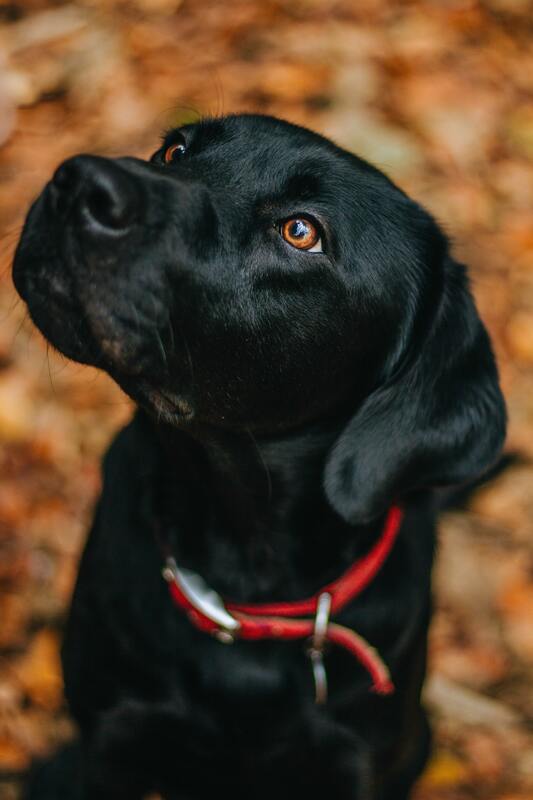
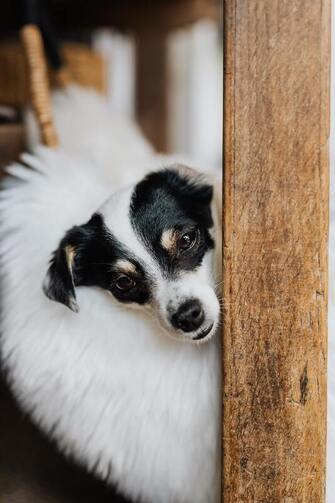

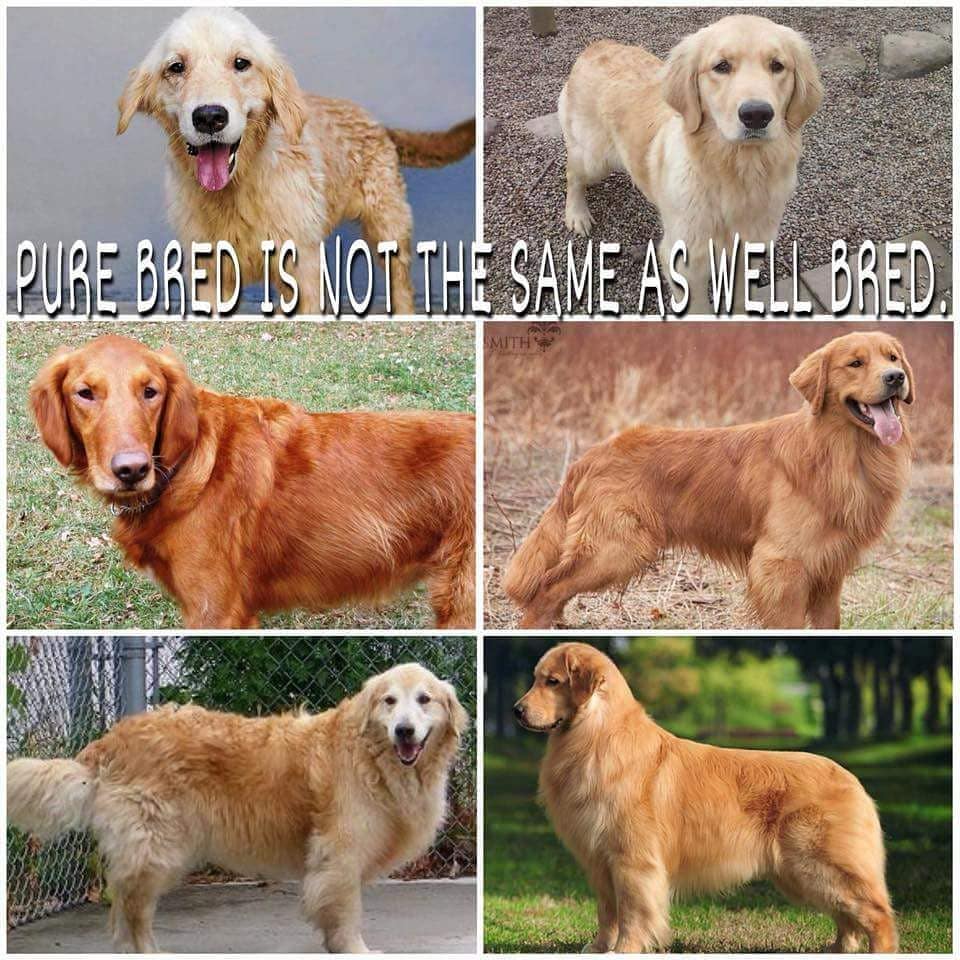
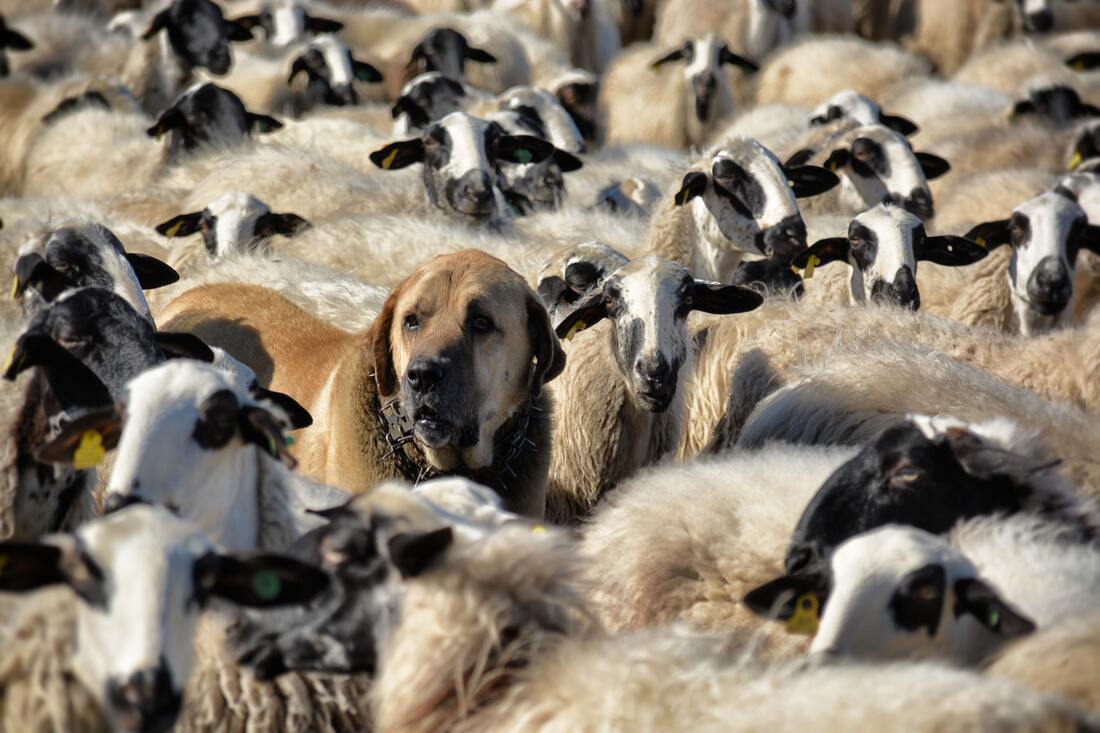

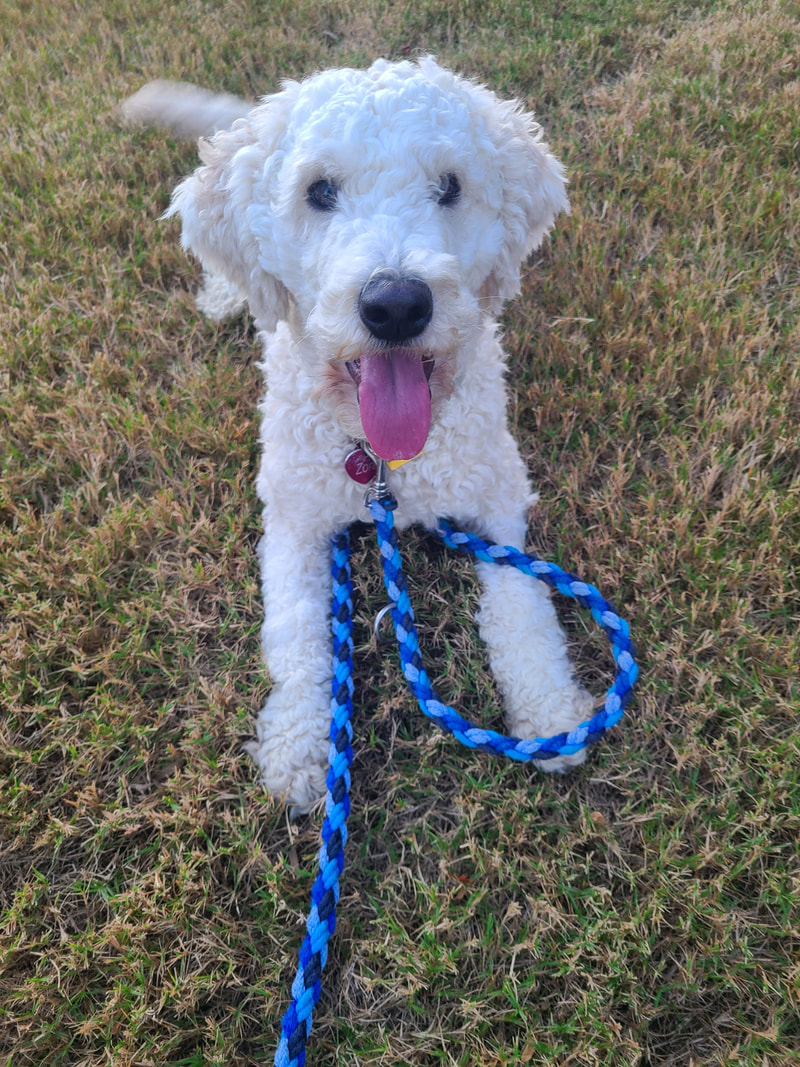
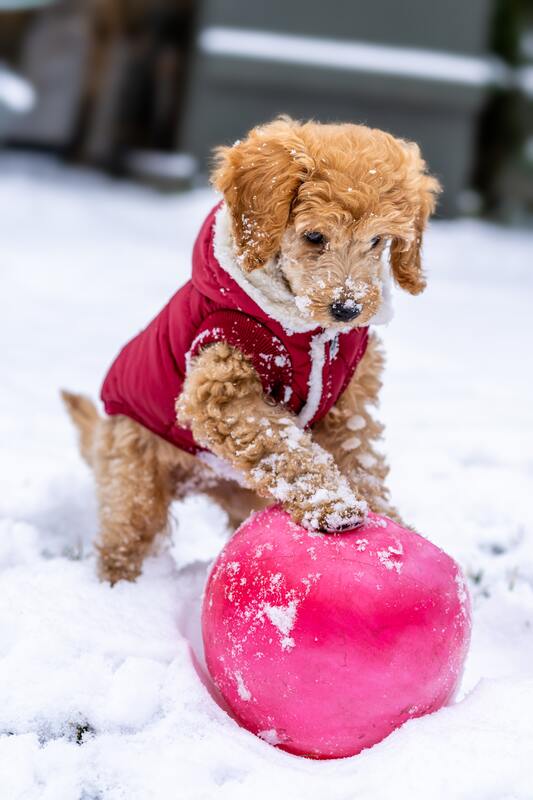

 RSS Feed
RSS Feed